Using essential oils for ear an infection is something most of the holistic healers recommend. They are the main component of aromatherapy, an alternative branch of medicine.
People have used essential oils for a lot of years because they have healing effects and they can act as a detox over your body. The Bible refers to these precious oils for about 188 times which is an impressive number. They have always held an extreme value for old doctors and healers who have used the extracts for inhaling, vaporizing, internal ingestion and topical application on skin. Research has now revealed the remarkable healing properties contained in these compounds, so applying essential oils when you have an ear infection would be a great idea.
How to Prepare Volatile Oils for Ear Infection
Volatile oils are potent antioxidants with a high concentration of the plant’s active compound. People prepare them using different parts of the plant such as flowers, leaves, wood, bark, roots, seeds, and shells. These herbal ingredients are put into a distiller which sits above the water. As the water is heated, the steam penetrates plant material and vaporizes volatile compounds. These vapors travel through a spiral and condense back into liquid, and the resulting liquid is collected in a flask.
Safety Measures
Before using any type of essential oils for ear pain, you must consider a few safety cautions.
First of all, don’t use any oil undiluted except for the lavender one. When you treat children, pay attention to the kind of oil you use. Kids have more sensitive skin and it might get irritated. Always dilute in a carrier oil and use a smaller quantity of mixture than you would use for adults.
Second, don’t ever insert something in the ear if you suspect an eardrum rupture. However, it is not advisable to use essential oils inside of the ear but to massage the outer area.
Third, do not ingest essential oils unless you have a recommendation from a holistic doctor. These powerful extracts may do more harm than good when used in excess.
Stick to the following methods:
- topical application of the diluted mixture
- vaporizer
- inhaler
How to Use Essential Oils for Ear Infection
Here is the list of the top 5 essential oils you can utilize to treat ear infections.
1. Lavender Essential Oil
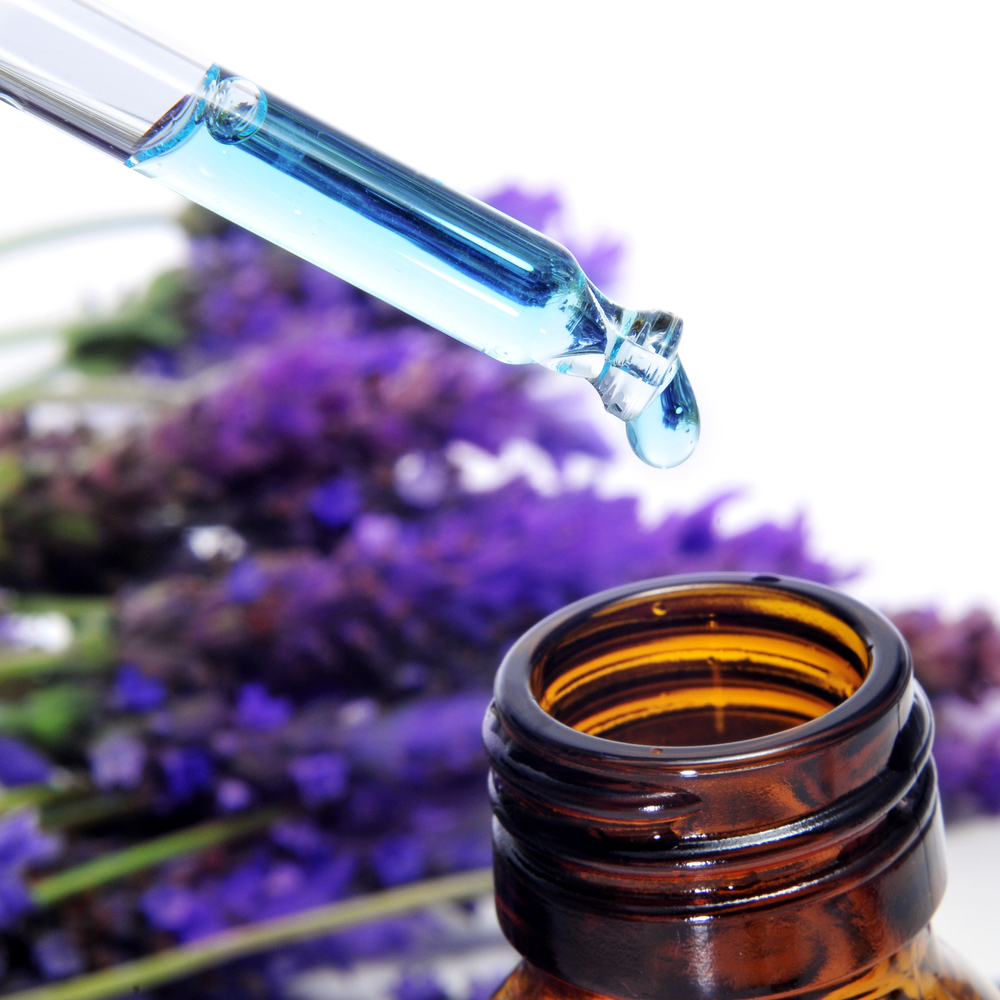 Lavender oil has a complex chemical structure with over 150 active constituents.
Lavender oil has a complex chemical structure with over 150 active constituents.
This oil is rich in esters, aromatic molecules with antispasmodic and stimulant properties. These components suppress pain and spasms, acting like natural painkillers. Botanical main constituents of this essential oil are:
- camphor
- terpinene-4-ol
- linalyl Lavanda acetate
- linalool
The antibacterial and anti-inflammatory proprieties come from:
- Lavandula acetate
- geraniol
- cis-ocimene
- limonene
- 1,8-cineo
All these “ingredients” make lavender essential oil perfect for treating ear infections. You may do this in several ways.
Directions:
- The most efficient method is rubbing a few drops of oil on the outer area, starting with the back of the ear and going down the neckline. Perform this massage with gentle moves and you will certainly feel relief. If you need to treat a child, dilute the oil first: add four to five drops of essential oil to one teaspoon of coconut oil.
- Lavender oil is also good to decrease the stress and anxiety which can be catalysts for any pain. You may only pour a few drops in the tub and take a long relaxing bath.
- Or pour some drops on a cotton pad and inhale the delicate fragrance.
2. Oregano Essential Oil
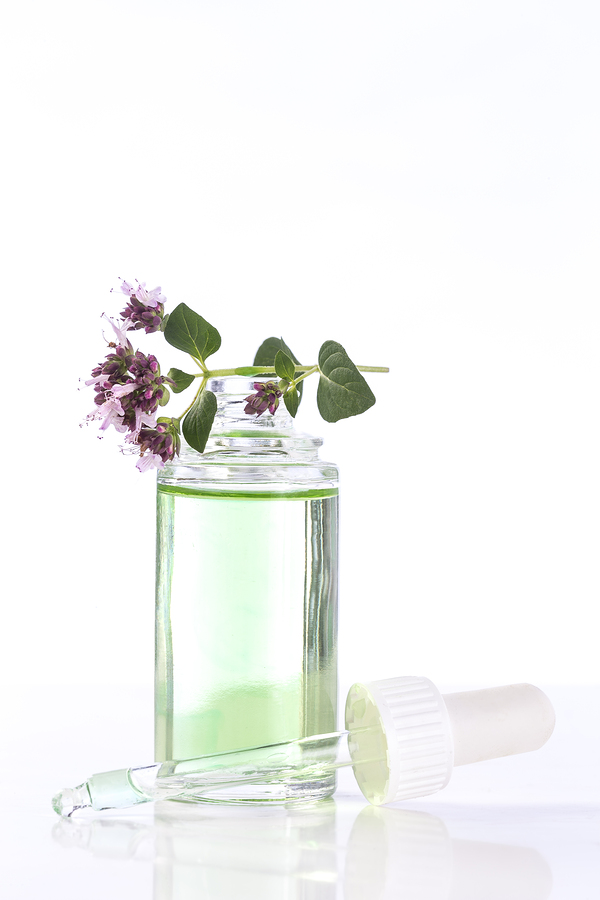 Recent studies suggest that the healing power of oregano oil is mainly due to the active principle called carvacrol which apparently manages to destroy the membrane that protects the bacteria from our immune system. This oil is as effective as an allopathic synthesized antibiotic and is getting increasingly more medical attention because it represents a viable alternative to drugs especially if pathogens have acquired resistance to antibiotics. It has strong antibacterial and anti-inflammatory effects, and it will soothe the pain. To treat ear infections with oregano oil, dilute it first. Because this extract is very potent, you will need only one drop of essential oil combined with a neutral oil (also called carrier oil), such as coconut or olive or whatever you can find in your house. You will need only one ounce of that.
Recent studies suggest that the healing power of oregano oil is mainly due to the active principle called carvacrol which apparently manages to destroy the membrane that protects the bacteria from our immune system. This oil is as effective as an allopathic synthesized antibiotic and is getting increasingly more medical attention because it represents a viable alternative to drugs especially if pathogens have acquired resistance to antibiotics. It has strong antibacterial and anti-inflammatory effects, and it will soothe the pain. To treat ear infections with oregano oil, dilute it first. Because this extract is very potent, you will need only one drop of essential oil combined with a neutral oil (also called carrier oil), such as coconut or olive or whatever you can find in your house. You will need only one ounce of that.
Directions:
- Drop a little amount of this mixture on a cotton ball and place it at the ear entrance or under the ear lobe. Make sure you do not drop liquid into the ear canal.
- Some specialists say that this oil ca also be taken internally diluted in a carrier oil or in a teaspoon of honey to fight an infection, but you should do this only under medical supervision.
Caution:
Pregnant women or nursing mothers should not use oregano essential oil for ear infections.
3. Thyme Essential Oil
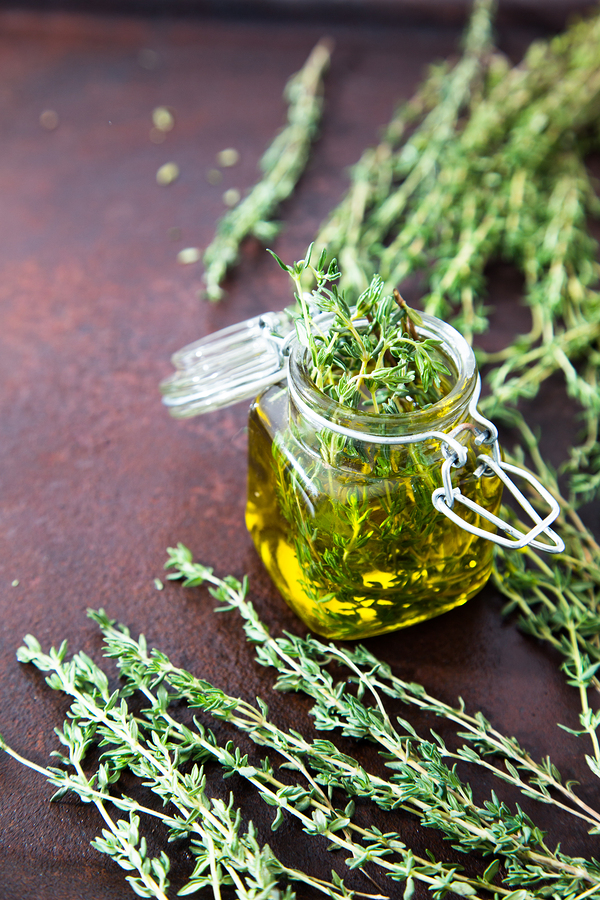
Another well-known extract is thyme essential oil, extremely helpful in fighting against bacteria and viruses. The active component we may find in thyme oil is thymol, a powerful antiseptic, which can become toxic if you use it in an improper manner. Aromatherapy experts rank it as one of the most powerful antiseptic essential oil. Thymol has been documented extensively for his antibacterial, antiviral and anti-fungal actions. As stated by Jean Valnet, MD, thyme oil can fight the pathogen which causes tuberculosis, Bacillus typhoid, meningococcus, and can actively fight against salmonella and staphylococcus bacteria. Also, this component has been studied for its effects used as home remedies for gingivitis and plaque. With all that being said, no wonder that it is also effective against bacteria which cause ear infections. Since thyme can become toxic and irritating, you should dilute it first.
Use this recipe with thyme essential oil to fight ear infection:
- 2 drops of thyme oil
- 2-3 drops of lavender oil
- 1 tablespoon of coconut oil
Directions:
- Combine all the three ingredients and rub the outside of the infected ear with a small amount of this mixture.
- Pay attention not to let the oil drop into the ear canal.
Cautions:
Thyme oil is very potent and should not be used during pregnancy, in children or case of hypertension. Phenols in this herb (carvacrol and thymol) may cause skin irritation and also may irritate mucous membranes. Generally speaking, you should avoid high concentrations of this ingredient.
When you utilize this treatment with thyme essential oil for an ear infection, test it first on a tiny area of skin to see if you are sensitive to it.
4. Tea Tree Essential Oil
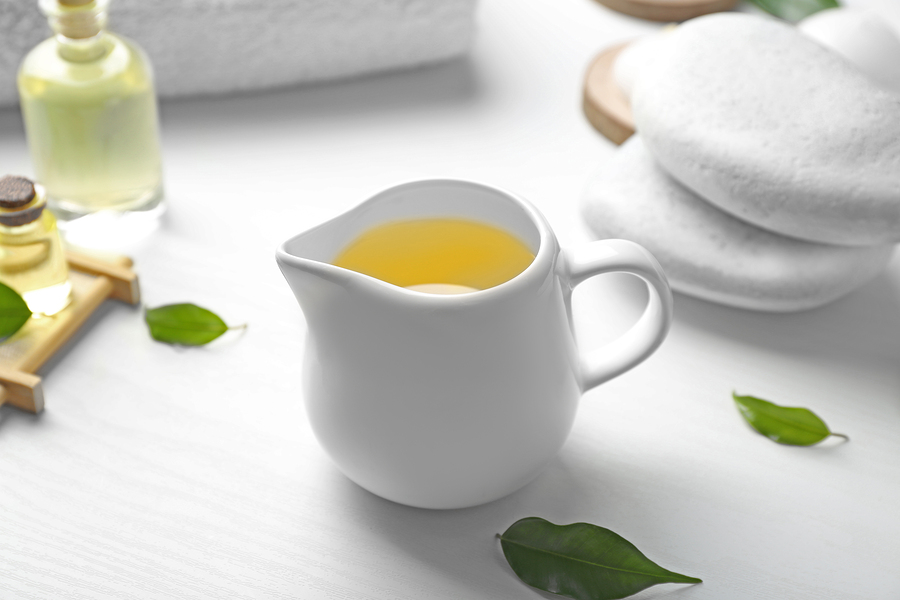 First of all, Tea tree oil, is known as Melaleuca Australia. Folk people in this continent use it to heal wounds because it has antiseptic properties. Medical studies have shown by that this herb kills bacteria, viruses, and fungi, therefore, it should always be present in the naturopaths’ offices.
First of all, Tea tree oil, is known as Melaleuca Australia. Folk people in this continent use it to heal wounds because it has antiseptic properties. Medical studies have shown by that this herb kills bacteria, viruses, and fungi, therefore, it should always be present in the naturopaths’ offices.
The British Medical Journal, a prestigious medical periodical, published a study which showed that Melaleuca is a powerful, still gentle disinfectant. Due to all these facts, you may use tea tree oil to treat an ear infection due to its antibacterial and antifungal properties.
You will need:
- 3 drops of tea tree oil
- 1 teaspoon of colloidal silver
- 2 tablespoons of olive oil
- 1 teaspoon of apple cider vinegar
Directions:
- Combine all the ingredients and warm the mixture over very low heat.
- Lay down on a couch or bed with the infected ear facing towards the ceiling.
- Use a clean dropper to place some drops into the ear. You have to know for certain that the ear drum isn’t ruptured.
- Let the solution act for at least eight to ten minutes.
- After this time has passed go to the sink and drain the ear to avoid a humid environment, prone to the growth of bacteria.
- You may repeat the process up to three times each day for maximum three days.
5. Basil Essential Oil
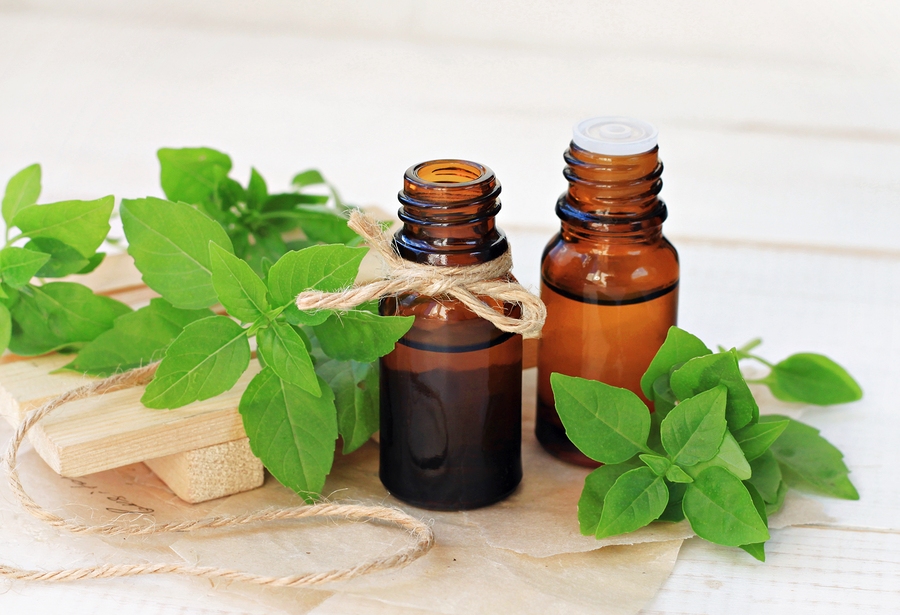 Studies conducted by researchers at University Hospital in Reykjavik, Iceland, showed that basil essential oil is more effective in treating ear infections in children than antibiotics. Dr. Karl Kristinsson tested the effectiveness of this treatment on laboratory mice that were contaminated with either a strep (Streptococcus pneumoniae) or an influenza virus (Haemophilus influenzae). The animals were then divided into two groups: the doctor treated the ones from the first group with basil oil drops and mice in the second group – a placebo. At the end of the study, doctors found that between 56% and 80% of mice treated with essential oil were healed, while in the second group were found improvements of the disease in only 6% of subjects. This study was published in the Journal of Infectious Diseases (Oxford), and it demonstrates the effectiveness of basil oil.(Reference)
Studies conducted by researchers at University Hospital in Reykjavik, Iceland, showed that basil essential oil is more effective in treating ear infections in children than antibiotics. Dr. Karl Kristinsson tested the effectiveness of this treatment on laboratory mice that were contaminated with either a strep (Streptococcus pneumoniae) or an influenza virus (Haemophilus influenzae). The animals were then divided into two groups: the doctor treated the ones from the first group with basil oil drops and mice in the second group – a placebo. At the end of the study, doctors found that between 56% and 80% of mice treated with essential oil were healed, while in the second group were found improvements of the disease in only 6% of subjects. This study was published in the Journal of Infectious Diseases (Oxford), and it demonstrates the effectiveness of basil oil.(Reference)
Directions on how to use basil essential oil to treat an ear infection:
- Just place a few drops on a cotton ball and put it at the entrance of the infected ear.
- Make sure that no liquid drops inside the ear.
- Sit like this for five to six minutes to allow the precious vapors reach to the infection.
In conclusion, essential oils can be a reliable ally when fighting with a disease. Learn how to use them properly, and you won’t need to turn to over-the-counter medicines too soon. However, if the symptoms persist and you don’t see any improvement, pay a visit to your doctor.
PS: You may want to read our list of 15 Home Remedies an Ear Infection.
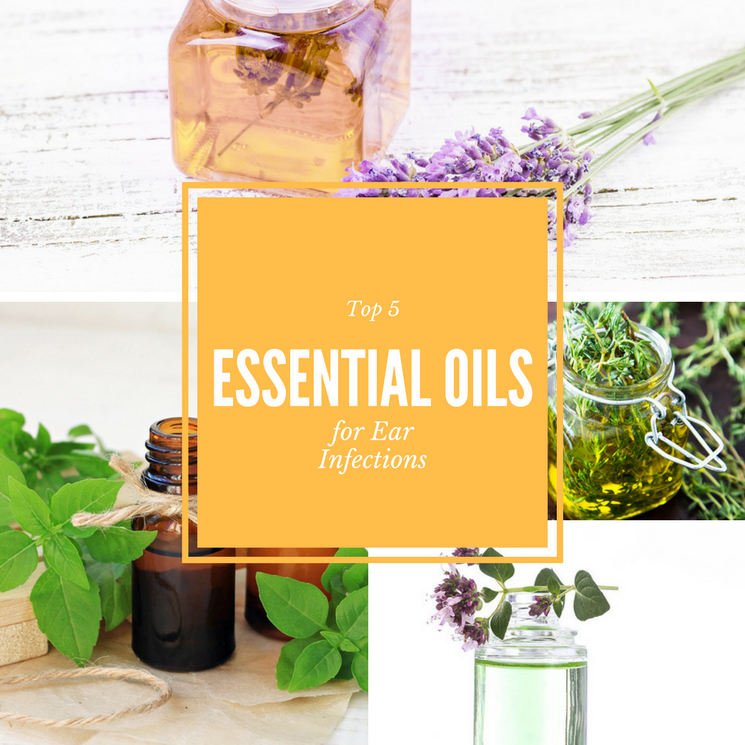
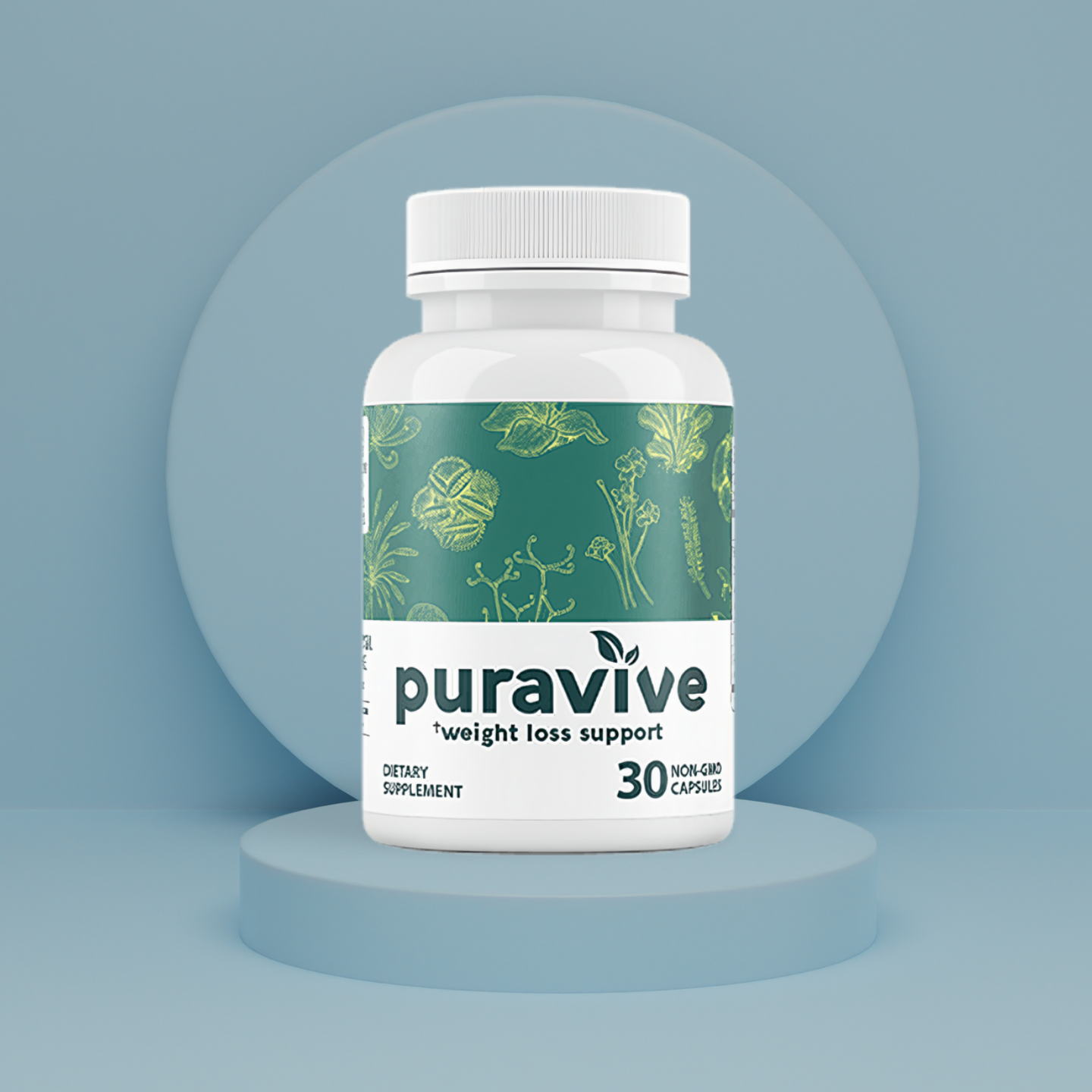
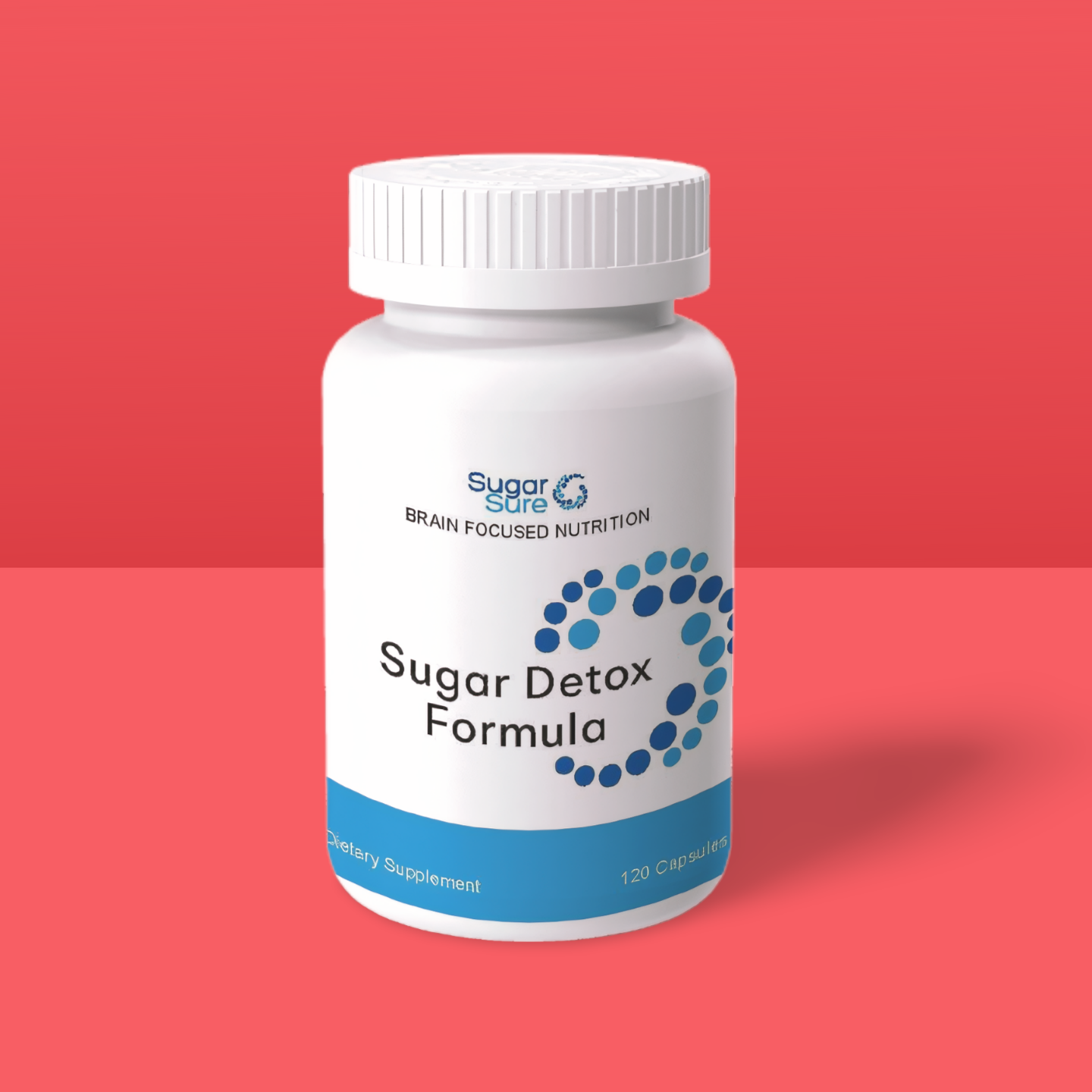
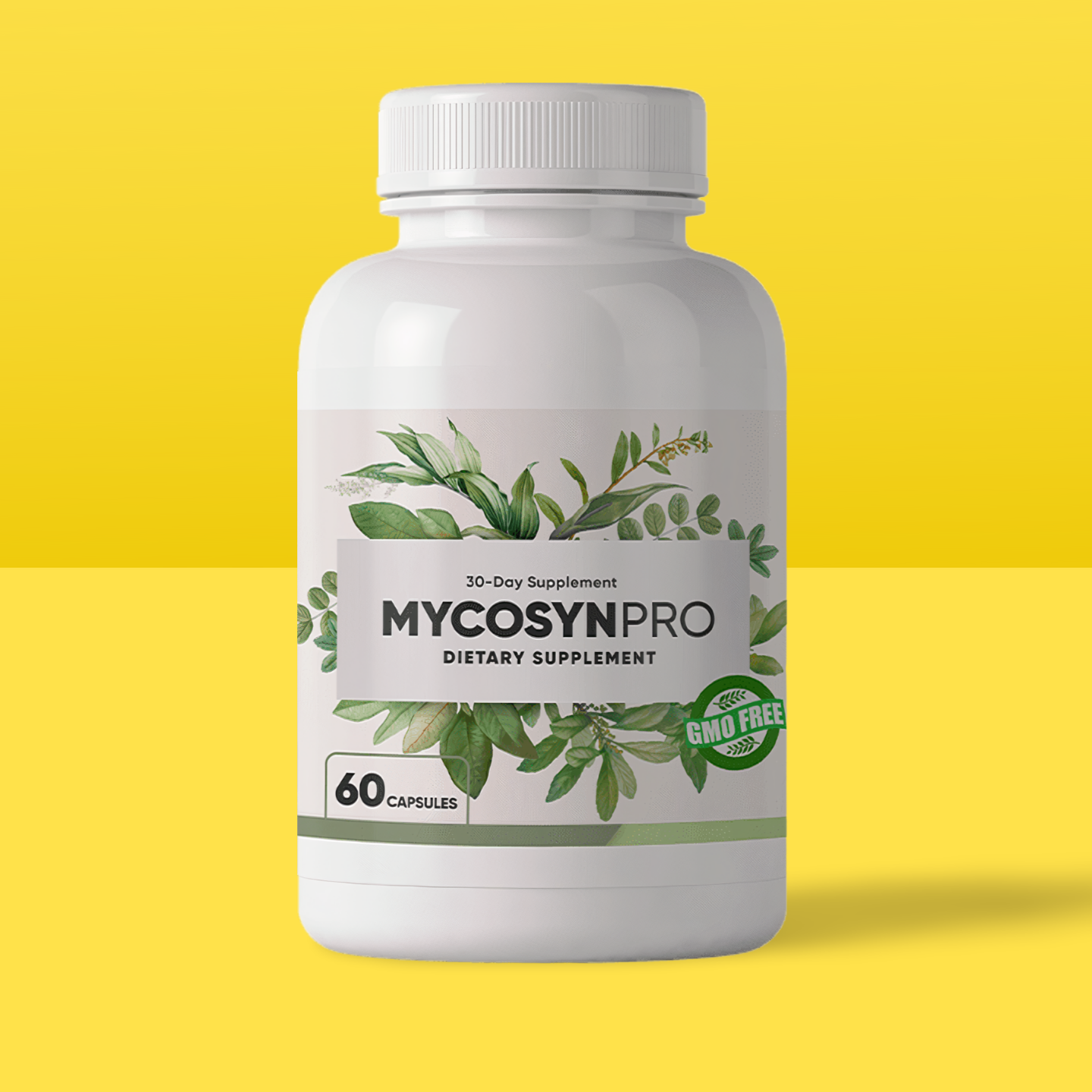
Leave a Reply